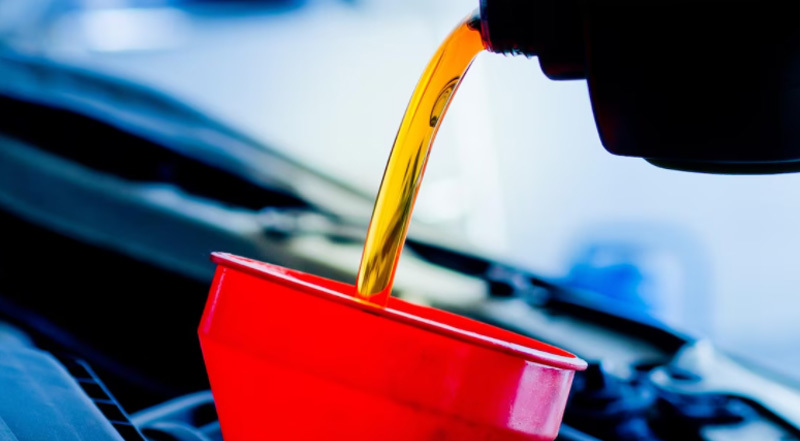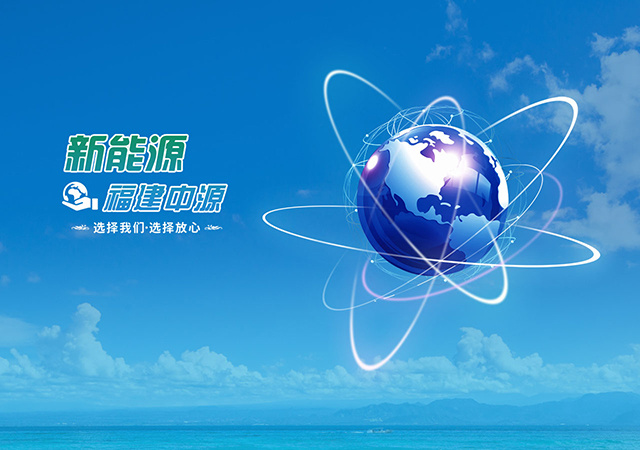
The pilot project of methanol and gasoline industrialization was launched in the sea to crack the chaos of private use
Release time:
2019-08-12
After Shanxi, Shaanxi, Zhejiang and Guizhou, Shanghai also launched the pilot work of methanol gasoline M100 industrialization this month. At the "Seminar on Energy Conservation and New Energy Vehicle Development Strategy" held on June 17, Zhao Guotong, counselor of the Shanghai Municipal People's Government and head of the Shanghai Energy (23.25,0.41,1.80%) Research Institute, said that the Ministry of Industry and Information Technology had raised the use of methanol gasoline from a scientific research pilot to an industrial pilot to release a positive signal, that is, the country's determination to promote the use of methanol gasoline. Zhao Guotong also said that Shanghai has special significance in the country, and the success of the pilot project in Shanghai will become an important persuasive force to promote the methanol industry in the country.
After Shanxi, Shaanxi, Zhejiang and Guizhou, Shanghai also launched the pilot work of methanol gasoline M100 industrialization this month.
At the "Seminar on Energy Conservation and New Energy Vehicle Development Strategy" held on June 17, Zhao Guotong, counselor of the Shanghai Municipal People's Government and head of the Shanghai Energy (23.25,0.41,1.80%) Research Institute, said that the Ministry of Industry and Information Technology had raised the use of methanol gasoline from a scientific research pilot to an industrial pilot to release a positive signal, that is, the country's determination to promote the use of methanol gasoline. Zhao Guotong also said that Shanghai has special significance in the country, and the success of the pilot project in Shanghai will become an important persuasive force to promote the methanol industry in the country.
The pilot project of methanol gasoline industrialization in Shanghai is led by the Ministry of Industry and Information Technology of the People's Republic of China. It has been launched in Jinshan and Minhang for one month. Shanghai Coking and Shanghai Huayi have become the pilot units, respectively responsible for the energy supply and automobile supply of the pilot project.
Chaos of private methanol gasoline
Almost all the No. 90 and No. 93 gasoline in private gas stations are mixed with methanol, with a concentration of about 10%
On the morning of June 17, a taxi with Minhang license drove into Shanghai Coking Gas Station to buy M100 methanol gasoline. The person in charge of Shanghai Coking said that the manufacturing cost of industrial methanol per ton was 3000 yuan, much lower than the gasoline price of 9000 yuan/ton. The current market price of methanol gasoline M100 is 2.85 yuan/liter, which is 3 yuan/liter cheaper than ordinary gasoline. There are 30 pilot cars like this, which can save 1.97 million yuan per year based on the fact that each taxi needs to use 60 liters of M100 methanol gasoline every day.
It is this huge price advantage that promotes the use of methanol gasoline. With the rise of oil price, the demand for methanol gasoline is also expanding. In fact, the civil use of methanol gasoline is now overwhelming.
The sales director of Shanxi Fengxi New Energy Development Co., Ltd. told the reporter that methanol gasoline can not be sold by its own gas station at present, and its sales need to cooperate with Sinopec, PetroChina (10.67,0.01,0.09%) or private gas stations. The cooperation between private gas stations and methanol gasoline producers is almost an open secret in the industry. Almost all the 90 and 93 gasoline of private gas stations are mixed with methanol, with a concentration of about 10%.
However, the problem is that this business model is not legal.
Private gas stations will not tell consumers that the gasoline contains methanol when selling it. Consumers think they are buying gasoline, but in fact it is a low concentration methanol gasoline.
The national standard "Automotive Gasoline" (GB17930-2006) clearly stipulates the detection indicators of automotive gasoline, which clearly stipulates that methanol and additives containing lead or iron shall not be artificially added to automotive gasoline. The practices of the above gas stations are clearly illegal.
However, this violation is expanding. The sales director of the above-mentioned Shanxi Fengxi New Energy Development Co., Ltd. told the reporter that their products have also cooperated with Sinopec, and the products sold in Sinopec Shanxi Yuncheng Station are also mixed with their products.
When the reporter asked to check their cooperation agreement with Sinopec and the qualification certificate for selling products in Sinopec, the sales director said that he did not have any. If necessary, he could consult Sinopec Yuncheng Station.
More seriously, when the news that methanol can be used as automobile fuel was widely spread, some vendors opened underground methanol "gas stations" to supply methanol without authorization, and their operations had huge security risks.
The new national standard will be issued soon
The new national standard for methanol gasoline will be issued within the year, which will legalize the production and sales of methanol gasoline
In contrast, methanol gasoline is a blank in terms of sales and production standardization.
So far, there is not enough data to prove the safety of methanol gasoline in use. Its safety hazards mainly come from its own toxicity and its corrosivity to metals.
One of the main contents of this seminar is to discuss the key technology of methanol gasoline: standardization of additives. Additives are the lifeblood of the use safety of methanol gasoline. At present, the production of methanol gasoline is still in a gray zone, with a wide variety of additives and no national standards.
In methanol and gasoline
At present, the only document that can be referred to is the National Standard for Methanol Gasoline for Vehicles (M85) (GB/T 23799-2009), which is under the jurisdiction of the General Administration of Quality Supervision, Inspection and Quarantine of the People's Republic of China and the National Standardization Administration, that is, the quality standard for gasoline containing 85% methanol.
Zhao Guotong told reporters that the national standard of methanol-gasoline M15 will be introduced within the year without any accident. The introduction of these two national standards will legalize the production and sales of methanol-gasoline, and will also promote the use of methanol-gasoline vehicles.
Zhao Guotong also told reporters that methanol vehicles using methanol as fuel can not be used formally so far. Methanol cars can't be insured, can't go through normal sales channels, can't go on the road. These are the bottlenecks hindering the development of methanol gasoline.
In addition, the sales model of methanol gasoline has not been finalized. Zhao Guotong said that the sales model of methanol gasoline may be cooperation with existing gas stations. However, the two energy giants, PetroChina and Sinopec, have always been a huge obstacle to the development of methanol gasoline.
A methanol gasoline producer in Jiangsu Province told the reporter that PetroChina and Sinopec certainly do not want methanol gasoline to occupy the market, and their huge price advantage will certainly make PetroChina and Sinopec lose a lot of market space.
However, in the field of coal chemical industry, there are no large state-owned enterprises, which can form a force that can compete with PetroChina and Sinopec, resulting in the suppression of the promotion plan of methanol gasoline at the central level.
Zhao Guotong told reporters that so far, no methanol gasoline producer has negotiated with PetroChina and Sinopec on the details of cooperation.
From the source, methanol is extracted from coal and gasoline is extracted from petroleum. The development of methanol gasoline is in line with the characteristics of China's resource "rich in coal and poor in oil", and it can also reduce the external dependence of China's oil resources, which is of great strategic significance.
At the same time, the promotion of methanol gasoline will also solve the problem of overcapacity in China's methanol industry.
An analyst at Minsheng Securities told reporters that in 2010, China's total methanol production capacity was 38 million tons, while the total output was only 20 million tons, and the operating rate was only 53%. In 2011, the total methanol production capacity is expected to reach 49 million tons.






